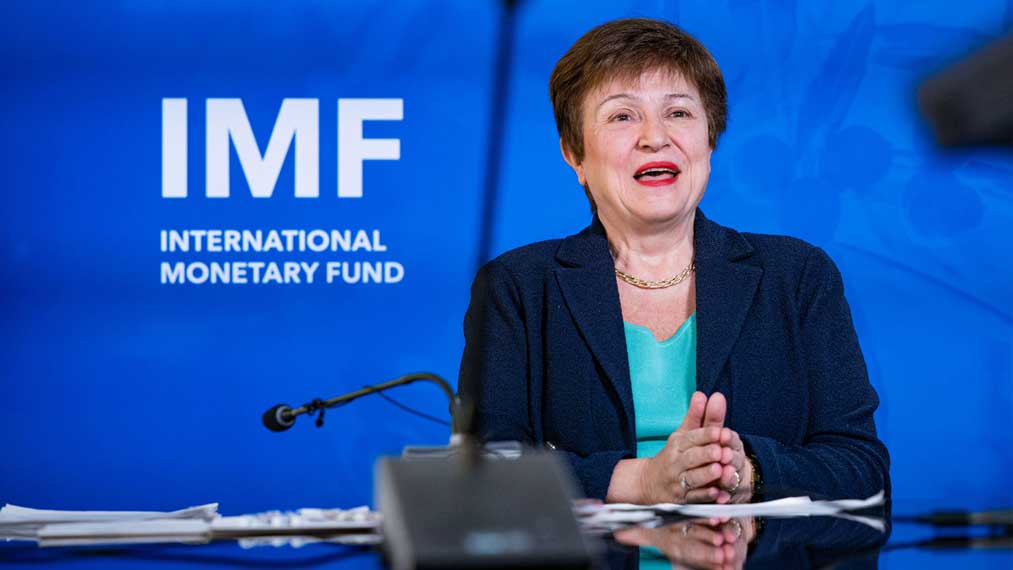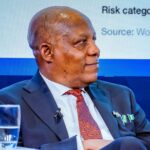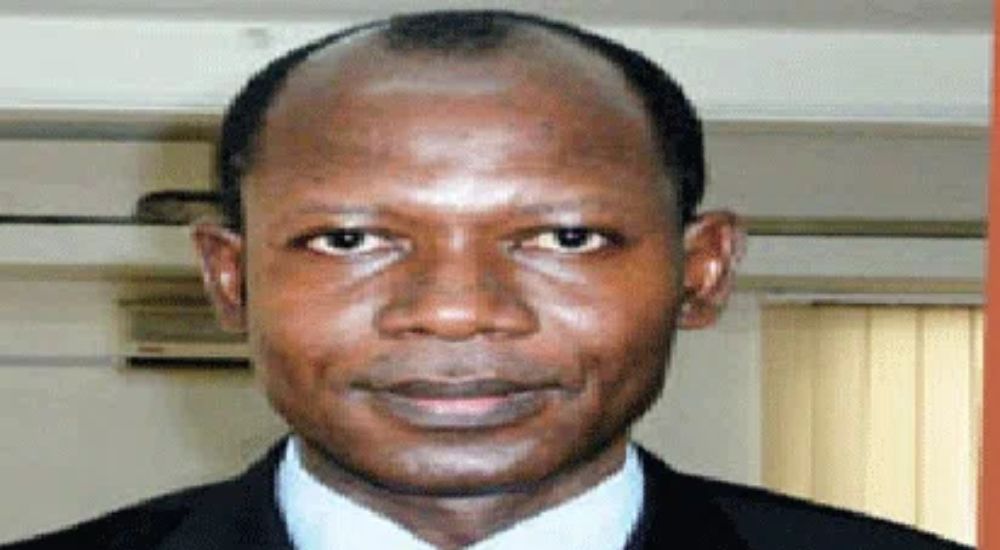New Report Shows 58.2% of Households Have Electricity Access in Nigeria
The national electricity grid in Nigeria is now powering nearly 60% of households, according to the Nigeria Residential Energy Demand-side Report 2024, published by the National Bureau of Statistics (NBS) in collaboration with the Ministry of Power, the Energy Commission of Nigeria, and the European Union.
Specifically, the report indicates that 58.2% of surveyed households across nine states are connected to the grid, signifying a significant step forward in expanding energy access throughout the country.
The report highlights notable regional disparities in grid connectivity. For instance, Ekiti State leads with 79.7% of households connected, followed closely by Oyo State at 77.3%.
Conversely, in Sokoto State, only 1 in 5 households have access to the national grid, showcasing the challenges faced in northern regions.
The data suggests that households in southern Nigeria are more likely to be connected to the grid than those in the north.
Among the households connected to the national grid, 86.6% reported having access to electricity at some point in the last 30 days, averaging about 6.61 hours of supply per day.
The report also notes significant variations in electricity supply by state; Plateau State boasts the highest reliability at 95.7%, while Ekiti State has the lowest at 66.6%.
Billing practices present another area of concern, with 14.8% of households using prepaid systems compared to 85.2% relying on estimated billing.
The report reveals that Bauchi State has the highest reliance on estimated billing at 97.9%, while Plateau State leads in prepaid billing with 30.9% of households utilizing this method.
On average, households are estimated to spend ₦4,155.8 on electricity monthly. Among the states, Enugu has the highest monthly expenditure at ₦7,319.4, while Bauchi State records the lowest at ₦2,647.7.
Experts say the findings underline ongoing efforts and the need for enhanced strategies to improve electricity access and reliability across Nigeria.
Meanwhile, the Global Energy Alliance for People and Planet (GEAPP), supported by the Rockefeller Foundation and the Bezos Earth Fund, is set to implement a solar mini-grid programme in Nigeria to address the country’s chronic power supply issues.
Bloomberg reports that GEAPP’s initial plan is to establish pilot projects in each of Nigeria’s 11 power distribution company regions, ultimately aiming to facilitate the development of 10 gigawatts of mini-grids.
The initiative is part of a strategy to create mini-grids in areas that currently lack access to the national power supply.





